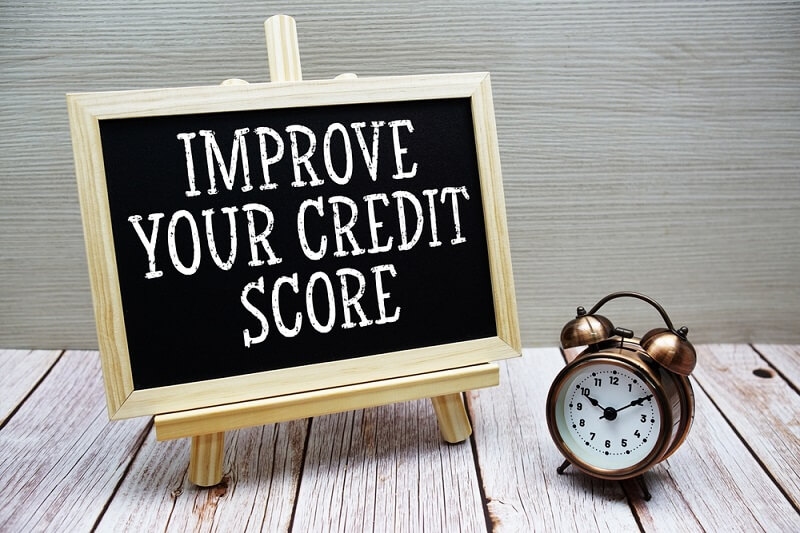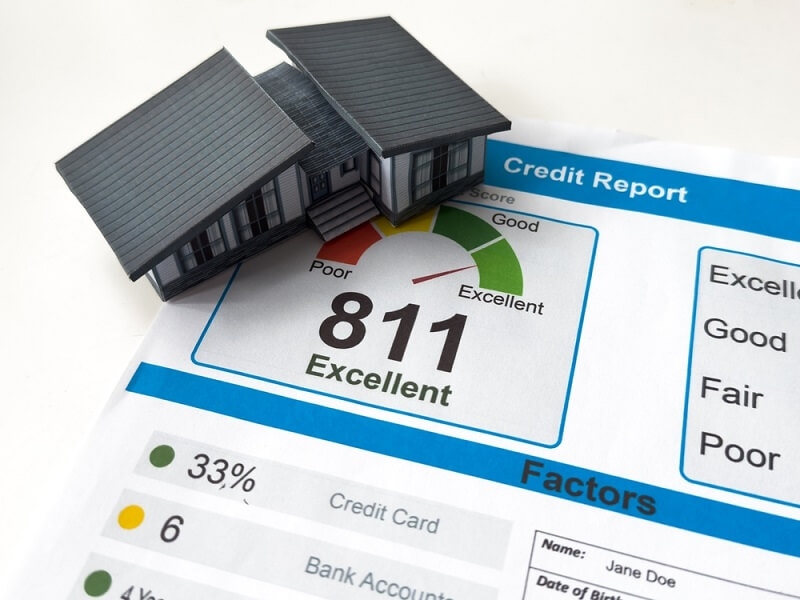
If you're recently entering adulthood and are looking to establish your financial foundation, creating credit from scratch can be daunting. Whether you're in college, a recent immigrant, or simply someone who has never used credit, it's essential to build a strong credit history in the United States to secure your financial future. In this in-depth guide, we'll dissect building credit in the U.S. for starters, applying for your first USA credit card, and guide you through the best tips, such as making the most of credit-builder loan tools and selecting the best secured cards for credit building.
Good credit opens the doors to improved financial opportunities. It impacts your capacity to secure an apartment, purchase a car, receive low-interest loans, and even secure a job at times. But if you're beginning from scratch, it's worth learning how credit works in the U.S. and how to build credit history responsibly in the USA.
Before you are able to begin establishing credit, it helps to know what constitutes a credit score. The most widely applied model in the United States is the FICO score, which is on a scale from 300 to 850 and incorporates:
Your objective when starting from scratch to build credit is to begin building this history in a smart and responsible manner.
One of the easiest methods of establishing credit in the U.S. for a starter is to take out a credit card. You cannot get standard unsecured credit cards because you have no credit, but you do have two savvy alternatives:
These call for a refundable deposit that will serve as your credit limit. Take the $200 you deposit as an example, and that is your limit. Use the card wisely, and gradually, you'll begin to establish a good credit history.
These cards are reported to all three of the major credit bureaus, which is crucial for building credit history in the USA.
Approach a parent or a family member whose credit is good and ask if you can be an authorized user on their credit card. You don't even have to use the card—simply being associated with the account can help establish your credit score over time.
If a credit card is not your preference or you want to create diversification in your credit mix, credit-builder loan options are a great means for building your score.
You borrow a modest amount—usually $300 to $1,000—but you don't receive the money immediately. Instead, the lender keeps it in a savings account. You make regular payments, and when the loan is fully repaid, you get the funds. All of your timely payments are reported to the credit bureaus, creating your score.
Quality providers are:
Once you've obtained a credit product, your next job is to use it properly. Here are suggestions for getting the most out of the process when you are building credit from the ground up:
By developing these habits, you won't only create credit in the U.S. for first-time users, but you will develop credit in a manner that promotes long-term financial sustainability.

Your credit-building doesn't stop when you have opened an account. Find ways to be involved:
You can get a free report from all three major bureaus—Equifax, Experian, and TransUnion—once a year at AnnualCreditReport.com.
Errors on your credit report can damage your score. If you spot something suspicious, dispute right away.
After making 6–12 months of timely payments on a secured card or credit-builder loan, you can be extended an unsecured credit card or even a rewards card. This, in the long run, enhances your credit mix and score.
Building your credit history in the USA becomes simpler when using the following tools:
These products are very flexible for those building credit for the first time in the U.S. as a beginner.
Most new adults get caught up in pitfalls when teaching themselves how to build credit from scratchDo not make the following mistakes:
Establishing credit from zero isn't only a monetary endeavor—it's the very first step towards manhood and autonomy. Be it applying for your first credit card in the USA, taking credit-builder loan alternatives, or employing the best secured cards for credit establishment, what works best is consistency and responsibility.
Don't wait until you need an apartment or loan to begin working on your score. Start today, monitor your progress, and wisely use your increasing credit. You will thank yourself in the long run for planting the right seed now.
How long does it take to build credit from scratch?
If you manage credit well, you can begin to see a score within 3–6 months.
Is credit building possible without a Social Security Number?
Yes, several secured card issuers take an Individual Taxpayer Identification Number (ITIN).
Is a debit card useful in credit building?
No, use of a debit card is not reported to credit agencies and doesn't create credit history.
Are student credit cards a good beginning?
Be it applying for your first credit card in the USA, taking credit-builder loan alternatives, or employing the best secured cards for credit establishment, what works best is consistency and responsibility.
Don't wait until you need an apartment or loan to begin working on your score. Start today, monitor your progress, and wisely use your increasing credit. You will thank yourself in the long run for planting the right seed now.Yes, they are typically built for junior users who have no credit history, and tend to start with low limits and rewards.
This content was created by AI